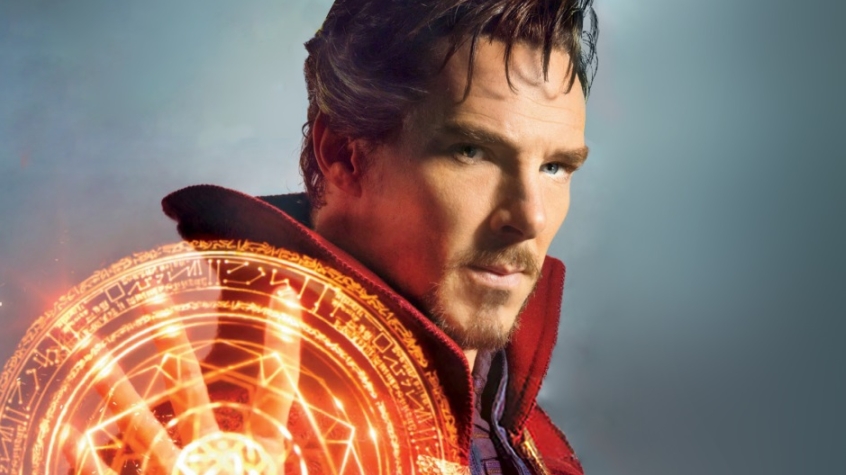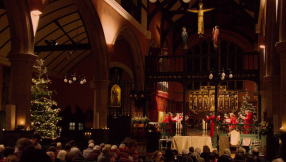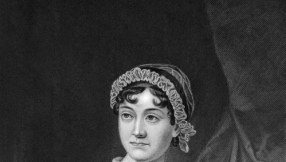
Despite being a Christian himself, Hollywood director Scott Derrickson isn't so happy with American Christianity.
The director, best known for Doctor Strange starring Benedict Cumberbatch, has previously described himself as a Presbyterian and spoken of his appreciation of Catholicism.
On Monday, he tweeted what he sees as all the current wrongs of American Christianity and went as far as to say that Christians are the nation's 'core problem'.
'American Christians have long loved their pop culture heroes. I have frustrated attempts to make me one because of this singular heart-felt conviction,' Derrickson wrote.
He added: 'In America, we Christians are not the solution. We are the core problem.'
When a Twitter user agreed with his diagnosis and asked him how he thought other Christians who feel the same could change things for the better, Derrickson responded by saying that the first need was to 'reject Christian nationalism'.
'It's a straight-up heresy,' he said.
He then said American Christians needed to 'read the gospels'.
'Jesus was about aiding the poor, the judged, the sick, and the socially oppressed,' he said, before concluding that they also need to 'reckon with fear and racism.
'They are deceptively deep roots in the American faith,' he said.
In another exchange on Twitter, he hit out at Christian support for Trump and his 'blatantly racist regime'.
'Christians in America are spreading Trumpism not the Gospel,' he said.
Derrickson has been open about his Christian faith, tweeting last year about mercy.
'I'm not a good Christian; which is also why I'm a Christian. We need a whole lotta mercy,' he said.
After making horror flicks The Exorcism of Emily Rose in 2005 and Deliver Us From Evil in 2014, he told the National Catholic Register that horror was the 'perfect genre' for a Christian filmmaker because 'you can think about good and evil pretty openly'.
'I always talk about it being the genre of non-denial. I like the fact that it's a genre about confronting evil, confronting what's frightening in the world,' he said.













